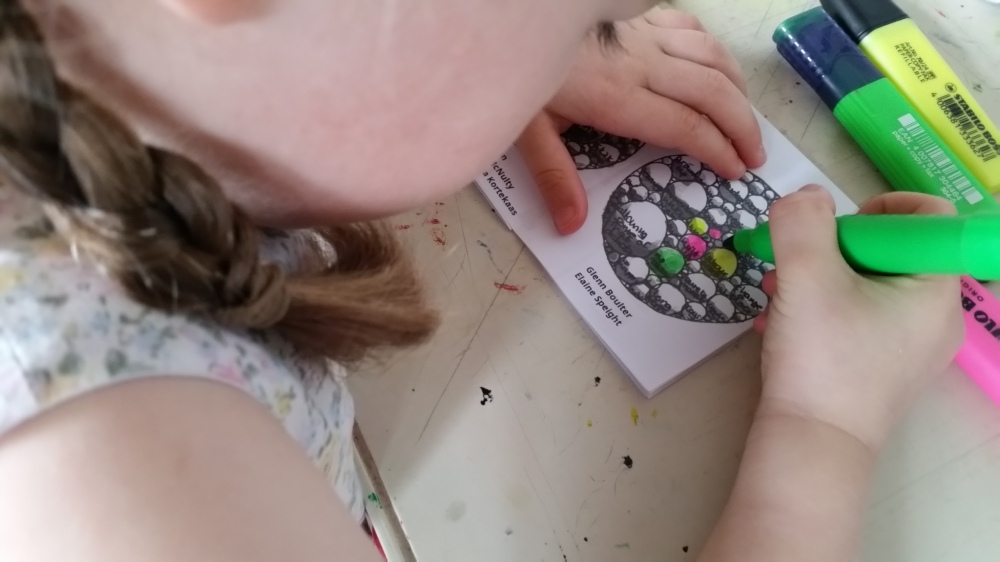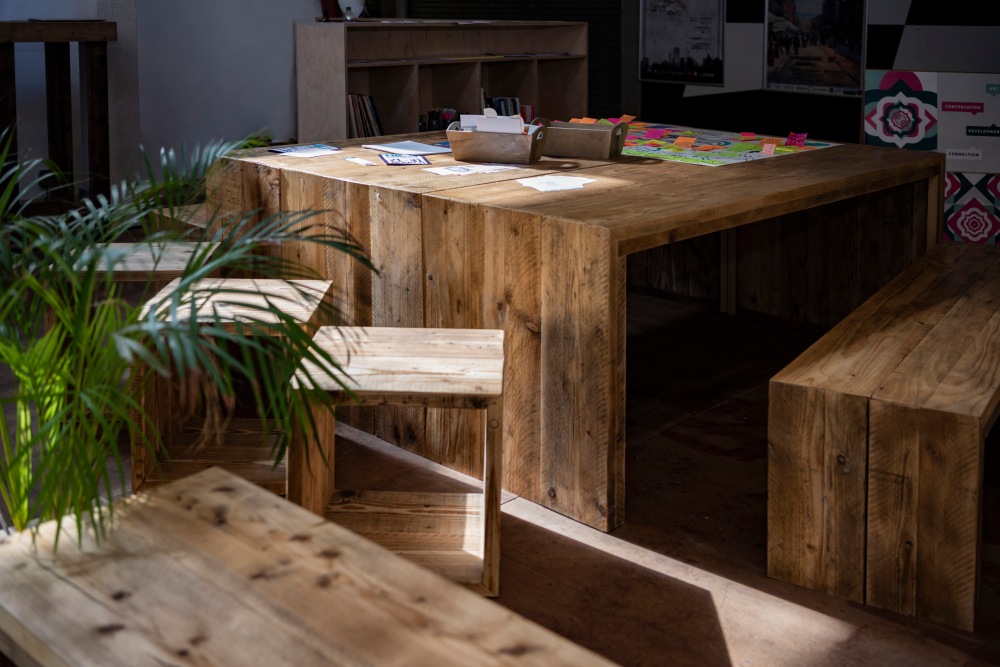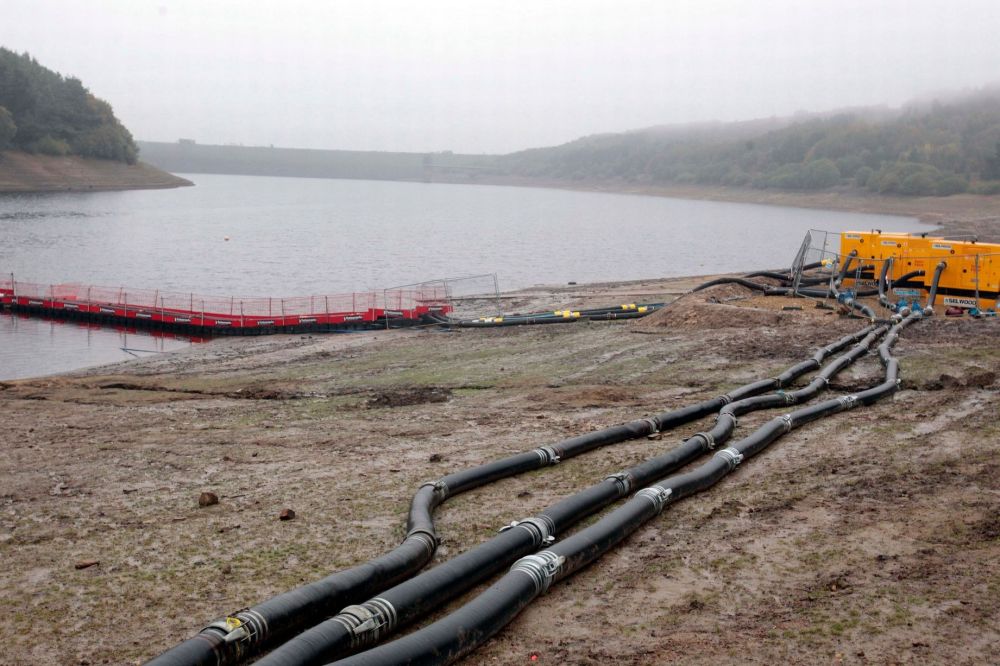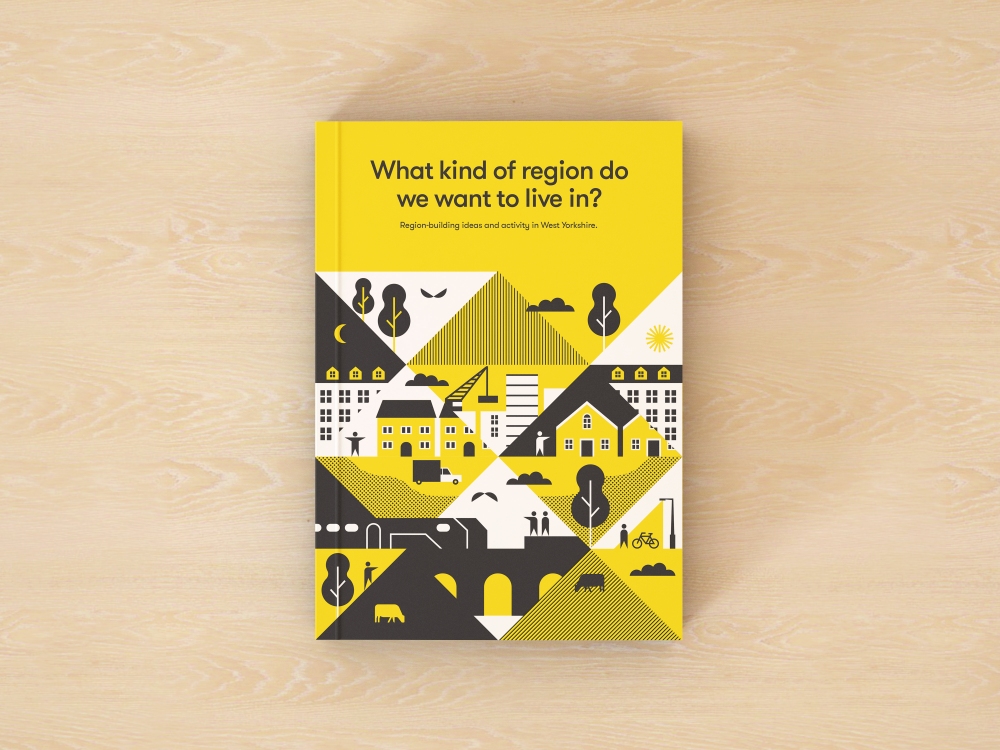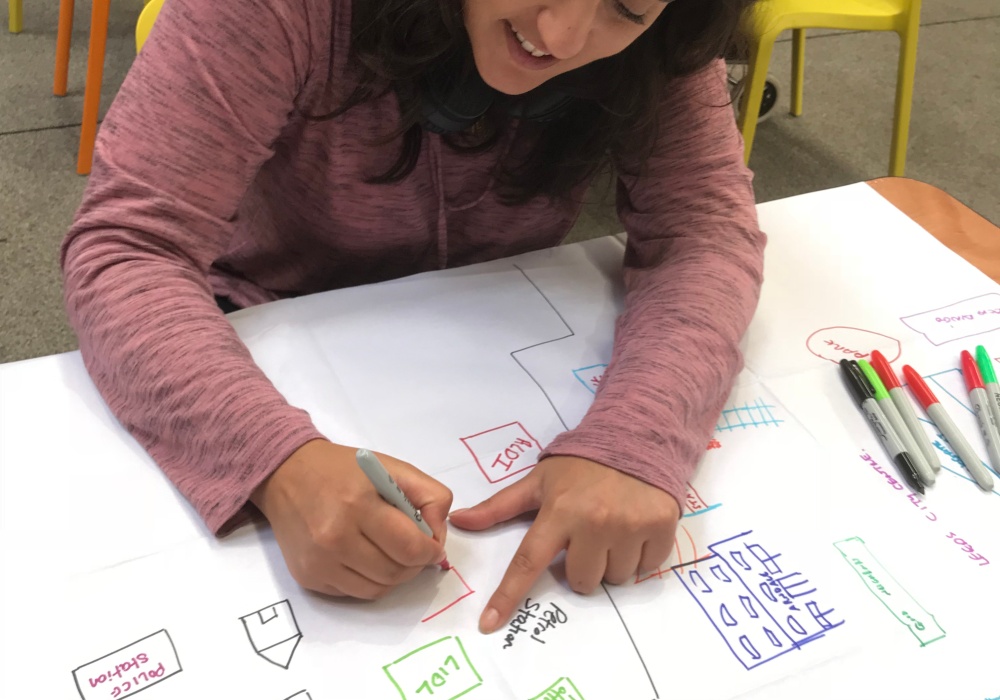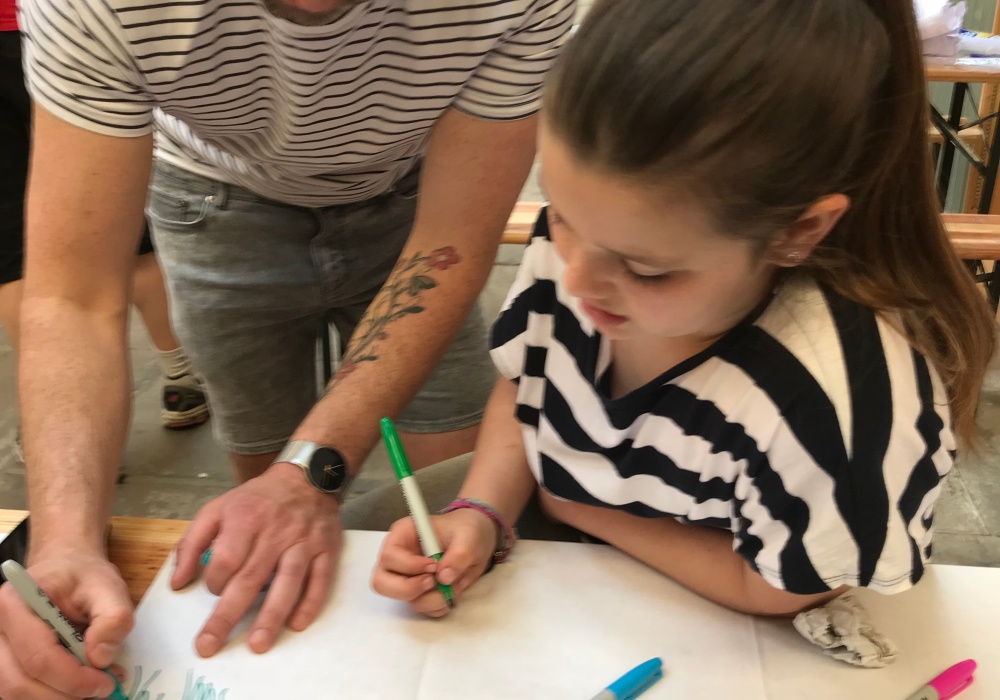9.00am-4.15pm Friday 31 January 2019
Dai Hall, Princess Alexandra Walk, Huddersfield HD1 2RS
ABSTRACTS AND SPEAKER/ARTIST BIOS
Akama, Ryoko, ame and Dai Hall
Ryoko works with installations and sounds and approaches listening situations that magnify silence, time and space. Her sculptural work engages with mundane objects and invisible energies such as magnetism and gravity, employing small and fragile objects such as paper balloons and glass bottles in order to create tiny aural and visual occurrences that embody ‘almost nothing’ aesthetics. She also composes text scores and performs a diversity of alternative scores in collaboration with other artists and musicians.
She co-curates ame, co-runs the independent publisher mumei publishing and label melange edition, and is curator and manager of Dai Hall and Sho Hall gallery/performance spaces in Huddersfield.
Atkinson, Louise, and Kortekaas, Victoria, The Highrise Project
The Highrise Project explores the links between architecture and social relations within municipal highrise buildings and council-built estates. The project uses ethnographic and creative research, which is co-produced with residents. Through exploring the history of social housing, our aim is to highlight the stories, benefits, and challenges of living in social housing, as well as related issues, including sense of community, family history, impact on health and wellbeing, class, etc. Our mission through this work is to use creativity and art as a way for people to tell their own stories and challenge stereotypes of people living on council-built estates. Our collaboration combines our own experiences of living in social housing, along with our skills and interests in co-producing high quality art with communities.
Louise Atkinson is a visual artist, researcher and educator, specialising in the relationship between art and ethnography. She uses a range of media and techniques, including artist books, postcards, drawing, textiles, and sculpture, tailoring her approach to meet the requirements of the project or artwork. Her research and practice involves responding to ideas around people and place, creating work which represents the experiences, associations and memories of a particular area. Through her practice-based research, she also collaborates with other artists and participants to create co-produced installations.
Victoria Kortekaas is a visual artist who works with a variety of different media and technologies, including photography, textiles, web design, typography, digital art, and desktop publishing. Her practice highlights and explores issues surrounding economic and social inequalities in working class communities. Through her practice she develops participatory strategies to enable individuals and groups to tell their stories through creative media.
Aziz, Sarah, The West Yorkshire Alterity: A Call for More Discursive Spaces
In much of West Yorkshire, the effects of racial and economic segregation are palpable, and we must create spaces that engender a transgressive and ambiguous character to allow new, meaningful forms of interaction and discourse to transpire. When we have places to engage in dialogues with people from radically different backgrounds than our own, a diversity of perspectives is reached, as we engage in first-hand learning and listening and foster new forms of community. This paper looks at historical and contemporary examples of free, programless spaces in England, to explore new ways of cultivating those same sensibilities in the context of West Yorkshire.
Sarah Aziz is an architectural designer and educator from Halifax, UK. She holds a B.Arch from Liverpool John Moores University and an MArch from The School of The Art Institute of Chicago. Sarah has practiced in offices in Leeds, Sydney, and Tokyo, and currently teaches at Texas Tech University.
Boehringer, Jorge, New Weird Huddersfield (afterparty)
Jorge Boehringer is an interdisciplinary artist, composer, performer and researcher currently based in Huddersfield, UK. Boehringer channels his eclectic and experimental practice into installation works, ensemble music, performances, texts, and visual artwork that explore attention, instability, and the texture and apprehension of temporality, environments and everyday life. Boehringer performs regularly as Core of the Coalman, a solo project in continuous development that he refers to as an open sketchbook, as well as in the duo Kneeling Coats, with composer and musician Eleanor Cully, and in numerous other configurations. He has recently completed a PhD at the University of Huddersfield, supervised by Bryn Harrison, and previously studied in the Center for Contemporary Music at Mills College in Oakland, California with Pauline Oliveros, Alvin Curran, and Fred Frith. Recently, he and artist-musician Chris Ruffoni have launched the collective curatorial effort New Weird Huddersfield (NWH), a curatorial project aiming to psychologically increase the local noise floor through the production of concerts and exhibitions in the alluvial region between Manchester and Leeds.
Boulter, Glenn, Full of Noises
Glenn will talk about the organisation’s first ten years, including how he found his way to Barrow, the development of the festival and upcoming projects including Barrow’s recent success with Creative People and Places.
Starting life in a former shipyard canteen building the festival has hosted artists ranging from Faust, AGF, Hildur Gudnadottir and Tetsuo Kogawa to Laura Cannell, Lee Patterson, Lee Gamble and Ryoko Akama. Current projects include a series of island residencies with South Walney Nature Reserve, site specific commissions for Barrow Park and an ongoing series of tours showcasing new sound works from Japan in collaboration with Huddersfield based organisation ame.
Glenn is the artistic director of Full of Noises, a sound art and new music organisation based in a public park on Cumbria’s Furness Peninsula. Since forming in 2009, FoN has produced over one hundred events, residencies, performances and public realm installations, including seven festivals, showcasing new work by over two hundred artists.
Bradshaw, Alice, artist-rapporteur
Alice Bradshaw is an artist, curator and writer. She is interested in discarded, everyday materials and words. Recycling and repetition are important strategies in her work, which sets up a dialogue around the value of rubbish through objects, publications, exhibitions and events.
Harvey, Stephen, designer
Stephen Harvey has a background working in photography and graphic design. He is also an improvising performer and composer and is currently pursuing a PhD in composition at the University of Huddersfield/CeReNeM. Stephen performs in the post-genre noise band Tout Croche with Dominic Thibault and his own project redvirginsoil. Stephen has curated events for Tout Croche and co-curates the record label and publishers, The Silent Howl both with composer and producer Dominic Thibault. Stephen’s solo album CollidedVoices and the Tout Croche album Super Silent & The Whole Shebang are released, amongst many others through The Silent Howl imprint.
Holloman, Tiffany R., West Yorkshire: A London Colony?
Tiffany R. Holloman is a Postgraduate Researcher in the Faculty of Social Sciences at the University of Leeds. As a social historian, her research topics include hidden/muted texts and groups within society ranging from King James VI’s Daemonologie to Black women professors at Historically Black Colleges & Universities in the U.S.
McNulty, Rochyne Delaney, Quiet Radical Acts
Creating connections through small gestures of creativity. Sharing a passion, talent or skill with people who listen and are attentive. Little tiny networks being created and putting through the distance and segregation. They don’t have to be big humongous acts; they can be quiet and slight. Creating a moment where genuine connection can grow and then spark a new gesture. I am quiet, I am not big or loud so I can’t pretend to be, but I think there are more quiet people than maybe we realise. So I hope by being a catalyst for these little acts, I can help join up some dots and help people see the value in sharing, teaching, learning and making, sometimes just for the sake of it. I call it radical, because in the world today, this kind of gesture can be seen as absurd or weird and often doing something without expecting anything in return is considered untrustworthy. It’s far from that, its seeing the good and trying to amplify it.
Rochyne Delaney McNulty is an MA performance design graduate, facilitator, maker, writer, storyteller. Community building is at the core of her practice, creating links and networks, encouraging mindful action and gestures from human interactions. She works with people and communities, using a vast array of mediums, and always incorporating a performative aspect.
Ruffoni, Chris, New Weird Huddersfield (afterparty)
Music maker. Huddersfield.
Seddon, Tess, The Transformative Possibility of Politics and Activism
“I would love to talk about the transformative possibility of politics and activism. I started researching The Yorkshire Party in 2017 for a comedic play about eccentric underdogs, until I interviewed them and was inspired by their do it yourself approach to politics and their radical idea for de-centralising power. When they tweeted me asking me to stand in the general election even the thought that I, a member of the general public, could stand felt alien and even a little bit wrong. When I signed up to do it, I was told I was messing with something I didn’t understand by my boss. I was asked to drop out by Labour. I got threatened by a stranger when I spoke at a hustings. And yet not one person on the doorsteps turned me away. Everyone wanted to talk and everyone was excited to speak to a ‘politician.’ I have now written a musical about my experience called Say Yes to Tess. It is on at Leeds Playhouse March 26- April 4 and then on national tour in the Autumn. I would love to talk about my experience and how I have made a fun, accessible show that is trying to reach and empower audiences who do not think politics is for them.”
Tess is a theatre director and writer from Yorkshire. She’s interested in how systems of power pervade politics, gender, sex and pop culture. She works with classics, adaptations and new writing to create comedic, tragic shows that surprise, challenge and entertain audiences. Tess trained on the National Theatre Studio Directors Course and with the Wooster Group in New York. From 2011-16 she was the Co-Artistic Director of TheatreState an Associate Company of Exeter Bike Shed Theatre and Camden People’s Theatre. From 2016-17 she was the Leeds Playhouse’s first year long Resident Trainee Director. In 2018 Tess worked with Gob Squad and the Maxim Gorky in Berlin and Stanislavskiy Electrotheatre in Moscow as part of a British Council Initiative. Tess led writer director development for Hull UK City of Culture 2017 and Hull Truck. She directs for the National Theatre’s New Views playwrighting program. Tess has directed young people’s shows for Almeida, Southwark Playhouse, Young Vic and acts as a visiting director for the National Theatre’s Connections Festival.
Simpson, Jack, The right to the riding; who decides what happens in West Yorkshire?
Jack Simpson works across a range of projects in music, culture & politics. Co founder of cultural hub Hyde Park Book Club, recording studio & venue Eiger Studios, and culture site The State of The Arts. Alongside these projects, Jack is currently studying for a PhD at the University of Leeds politics department, researching the impact of globalisation on political autonomy. Jack has worked with a number of organisations in roles broadly advising on communication, including Officer at Large for the Human Development and Capability Association (present). Co – Project lead with Unilever & the Open Data Institute, steering group member for Leeds 2023 bid and co founder of Leeds Lit Fest. Jack is an Enterprise Ambassador with the Leeds University Business School.
Spasova, Maja, Art in Public Space
Maja Spasova has been presented at international exhibitions and festivals such as Venice Biennial, ARTEC Nagoya, Dak’art Senegal etc. She has more than 100 solo shows at art museums and galleries in Europe and overseas. The artist has realized numerous art projects in urban public space and is represented in public and private collections all over the world.
Speight, Elaine, In Certain Places
Elaine will talk about the ways in which art and artists can contribute to the development of a place, particularly over long periods of time, through reference to the work of In Certain Places. Based in Preston since 2003, In Certain Places is a programme of artistic and architectural interventions and events, which examines how artists can contribute to the form and functions of a place. By exploring new approaches to art, culture and urban development, the programme has generated new understandings of the urban environment, enabled new ideas to be tested in the city’s public spaces, and formed collaborations between artists, institutions, communities and businesses, leading it to be described as ‘part of the city’s DNA’.
Elaine Speight is interested in the capacity of art to interrogate, mediate and critique the connections between people and place. She is a research fellow at the University of Central Lancashire, where she co-curates In Certain Places, and is also a trustee of the arts organisation Art Gene and a chair of the North West branch of the Contemporary Visual Art Network.
Swift, Ryan, The Shape of Regional Devolution in West Yorkshire
While many other areas in the North of England have received some form of devolution in recent years including Greater Manchester, Liverpool City Region, Sheffield City Region, the Tees Valley, and North of Tyne, West Yorkshire remains without any new powers. This, in part, is down to a lack of agreement about what devolution to the region should look like. Debate has tended to focus on whether devolution should be at the West Yorkshire Combined Authority (or the ‘Leeds City Region’) level or whether West Yorkshire should instead seek to be part of devolution at the Yorkshire-wide (or ‘One Yorkshire’) level. Given these tensions, this talk seeks to build on these debates and consider the merits and/or disadvantages of different potential governance arrangements for the region and the best ways for it to proceed in gaining greater devolution of powers going forwards.
Ryan joined the University of Leeds in September 2017 on an ESRC funded 1+3 Social Research MA and PhD scholarship in Politics. Since September 2018 he has been pursuing his doctoral research on the politics of the North of England. In particular, Ryan is looking at the extent to which the North is being politicised and the way that the North and Northern issues are framed within contemporary political debate. Prior to joining the University of Leeds, Ryan completed a BA in Politics and Contemporary History at the University of Huddersfield which he passed with first class honours and received awards for the highest overall degree grade and the best final year project. As a result, Ryan received a scholarship to undertake a Master by Research at the University of Huddersfield. For this, Ryan carried out research on the Labour Party and the ‘Politics of Englishness’ which involved undertaking a number of qualitative interviews with Labour Party MPs and council leaders. His thesis was awarded a distinction.
Wilson, Andrew, Same Skies
Andrew has been trying to define and create regional democracy in England for almost a decade. In 2013 he initiated Hannah Directory, an annual directory of people and organisations doing great stuff in places in England’s north, and asking how even more of it can happen. In 2015 he was among the co-founders of Same Skies, the regional democracy network for West Yorkshire, which will be launching a regional democracy think tank in October 2020. Andrew’s other work focuses on the generation of new knowledge through structures for collaboration between people with different kinds of expertise.
